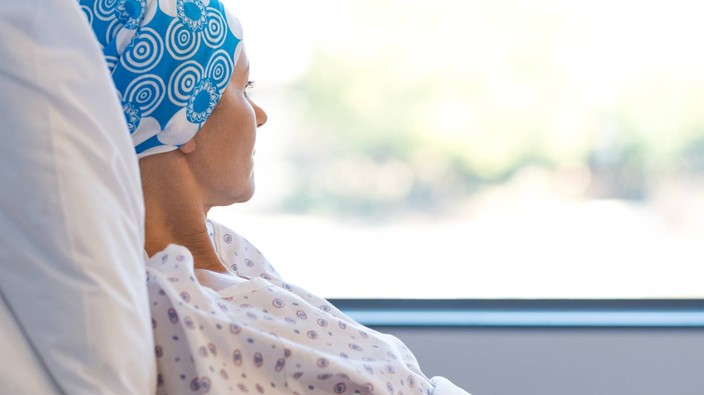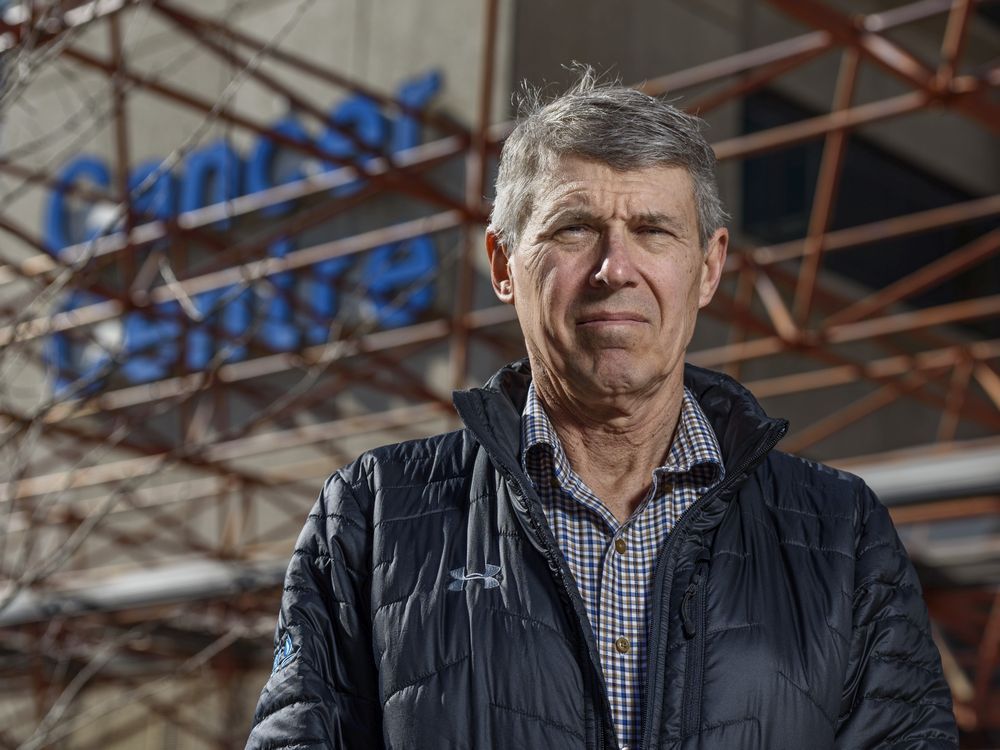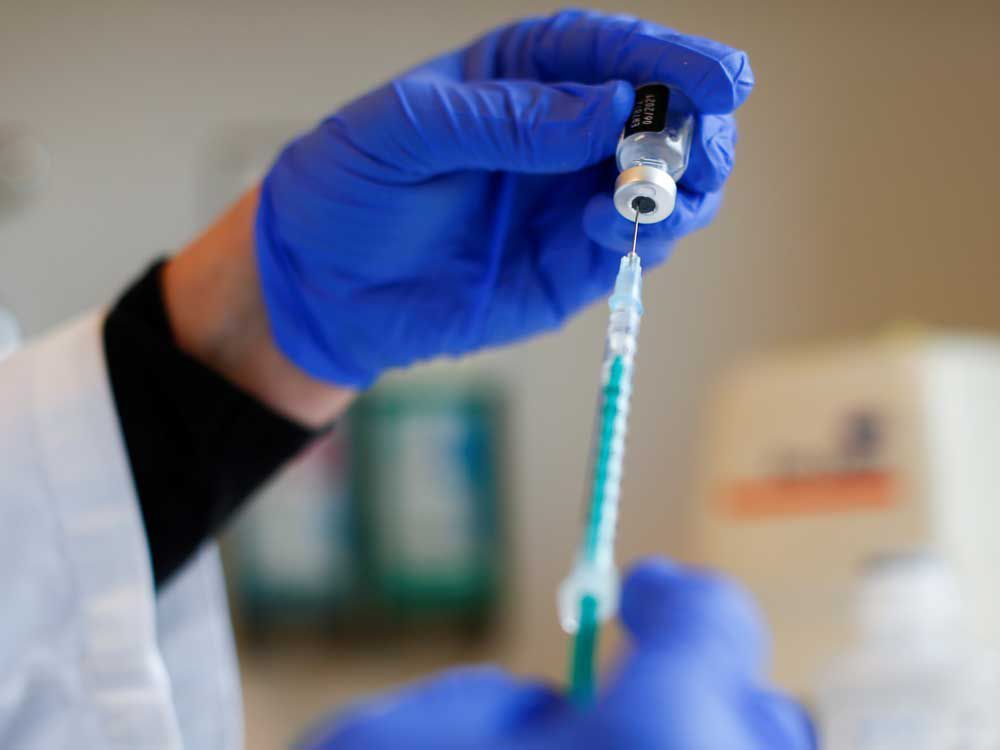lack of evidence is also a challenge — this is a relatively data-free zone since immuno-compromised people were left out of vaccine clinical trials. but dr. ilan schwartz says limited data doesn’t mean immuno-compromised patients should have to wait, especially considering that this cohort typically has the most severe covid-19 outcomes.
“the schedules that were used in [the vaccine clinical] trials are what forms the bulk of our evidence for the efficacy of when these vaccines work best,” says schwartz, an infectious disease physician who has been advocating for the alberta government to bump up the timing of second doses in people who are immuno-compromised. “looking at the balance of risks and benefits, it would be imperative for people who are immuno-compromised to get their booster shot as early as the evidence would support, which is three to four weeks depending on the specific vaccine.”
as canadians endure the third wave of the pandemic, there is no better time to prioritize fully vaccinating vulnerable groups according to dr. brian koffman, chief medical officer of the chronic lymphocytic leukemia (cll) society.
“making these patients wait more than three or four prescribed weeks is exposing them for another couple of months, and with the pandemic raging in certain parts of canada — right now that could be catastrophic,” says koffman. “we’re not trying to prevent people from getting covid, we’re trying to prevent people from getting severe covid. if that is our goal then the first people on the list should be the elderly, the immuno-compromised and the nursing home patients because these are the people who are very high-risk, and we should get them the full dosage of the vaccine to protect them.”
 5 minute read
5 minute read









